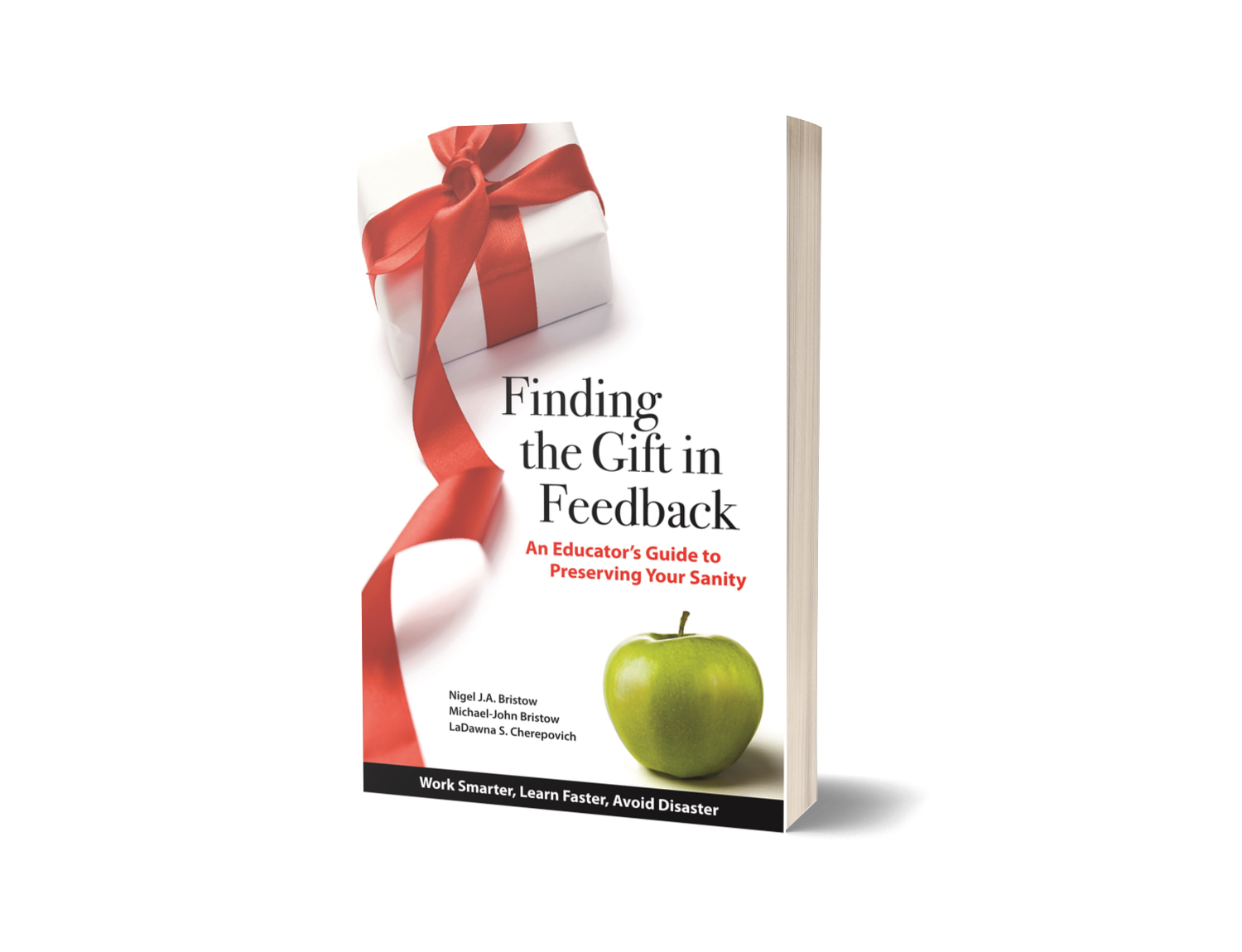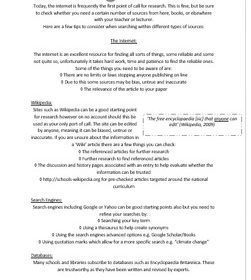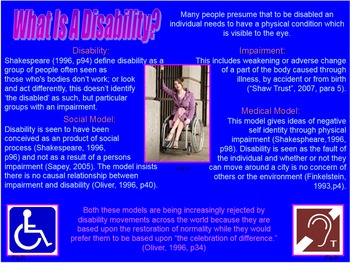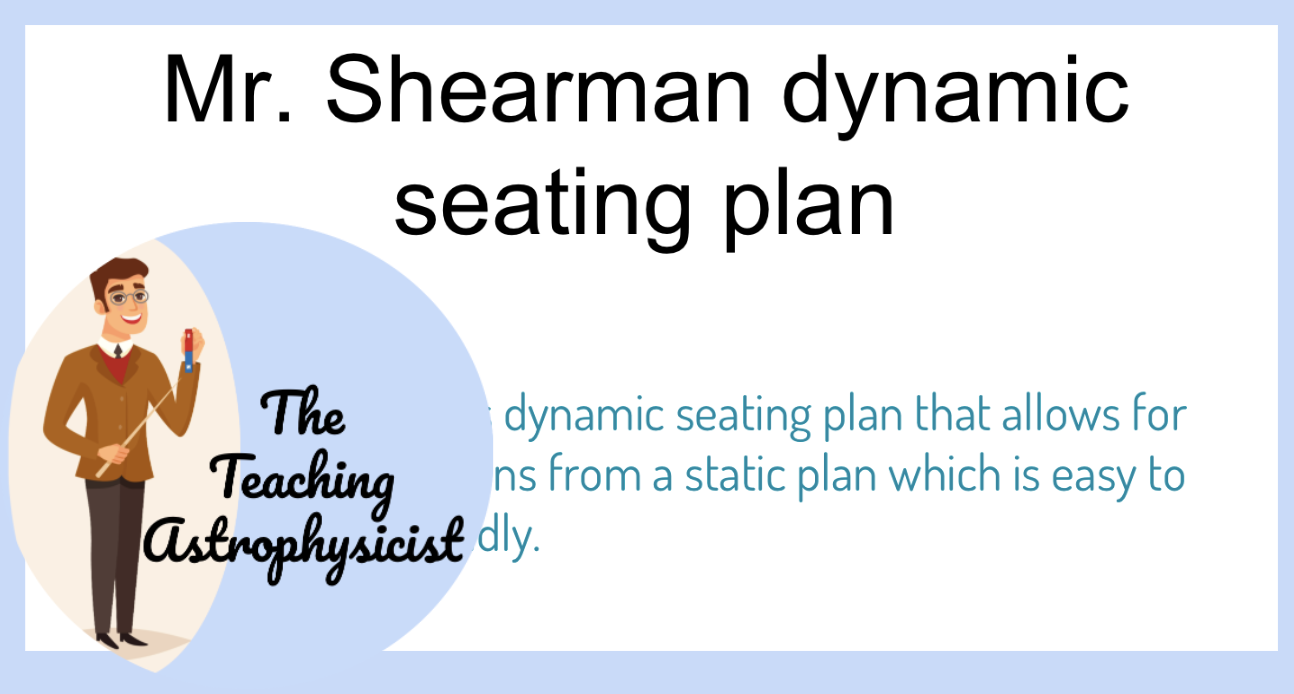Finding the Gift in Feedback indicates that “feedback is information about your behavior or performance that helps you align your actions with your goals.” Educators and students avoid feedback or do not seek it because they perceive feedback as a psychological threat. For that same reason, administrators, teachers, students, parents and friends are all reluctant to give negative feedback. They do not want people to view them as mean, negative, pushy, critical, or bossy. Developing feedback conversation skills matters to everyone who wants to improve relationships, school performance, or personal growth. If you are humble enough to solicit feedback and accept unsolicited feedback, you are more likely to listen, seek new information, ask clarifying questions, and make changes.
Finding the Gift in Feedback – An Educator’s Guide to Preserving Your Sanity





Write a Review
Leave a reply Cancel reply